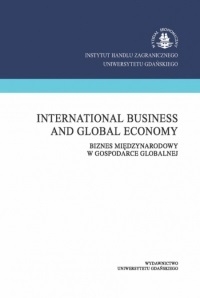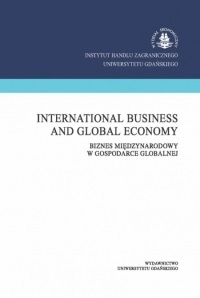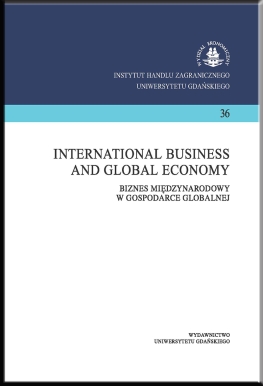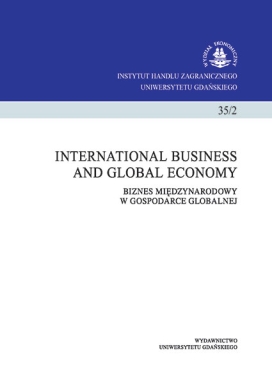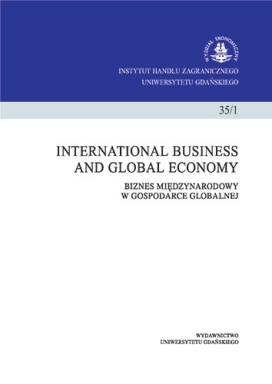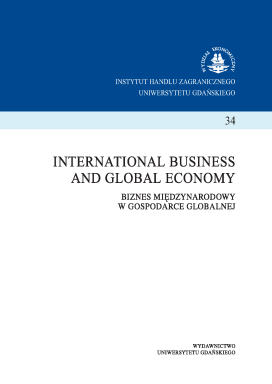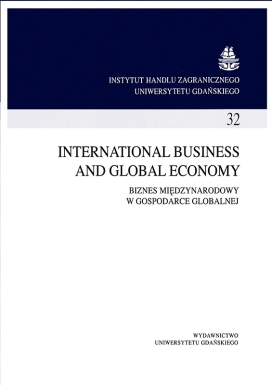From 2008, we have been witnessing an economic phenomenon which has been shaking capitalism and which has serious economic, political, and social consequences. Some of the problems that occurred included a panic on financial markets, media hysteria, rising unemployment, loss of homes by millions of people, chain bankruptcies, anti-Wall Street demonstrations in the United States of America, anti-government protests and anti-EU street protests in many European countries, and a debt crisis in some of the Southern European and Central Eastern European economies. What is the effect of this major economic event on the subjective well-being of Southern and Central Eastern Europeans? The ‘Easterlin paradox’ suggests that there is no link between society’s economic development and its average level of happiness. I re-assessed this paradox by analysing multiple rich datasets from the European Quality of Life Survey (EQLS 2007–2008 and EQLS 2011–2012). I selected several countries both from Southern and Central Eastern Europe: Greece, Spain, Italy, Portugal, Bulgaria, Romania, Slovenia, Croatia, Macedonia, Latvia, and Lithuania. Using a multiple linear regression analysis, I tested the influence of different economic indicators (GDP per capita in PPS, long-term unemployment rate, Corruption Perceptions Index, Gini coefficient, absolute and relative income), social indicators (religious participation and self-perceived health) and socio-demographic variables (gender, age, marital status, education, size of place of residence) on both the cognitive (satisfaction with life) and the hedonic (happiness) component of subjective well-being. My conclusion is that GDP per capita is not a significant predictor of neither life satisfaction nor happiness. The main predictors of satisfaction with life are the perceived standard of living, health, marital status, education level, and religious church attendance. The main predictors of happiness are the perceived standard of living, health, marital status, and education level.

